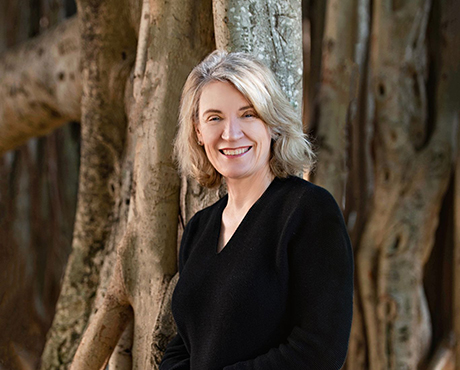
Innovation in practice
News 24 JulyA message from Executive Dean of Health Sciences Professor Suzanne Chambers: Winter has so far been a season of future-thinking and action for the Faculty of Health Sciences.
27 July 2017
Share

A message from Associate Vice-Chancellor Queensland Professor Jim Nyland:
A sustainable legacy that modern university leaders can aspire to achieve is to build on the shoulders of those that have gone before to create a lasting culture amongst their academic community that is committed to the idea of social justice and fairness and that knowledge can be generated and applied for an improved social result.
This view was expressed at one of our Executive Leadership Retreats a few years ago by our guest speaker Professor Peter Coldrake, QUT Vice Chancellor and ‘Queensland Great.’
In creating culture we are in fact creating action; we are creating meanings, thoughts and action. Culture, according to John Berger, in the form of art, restores the memory that communities have of themselves; it connects and reveals what would otherwise remain concealed. With this goal in mind, the newly formed Art and Culture Committee of which I am privileged to be a member, is already producing great results for ACU Brisbane – my thanks to Caroline Field, our University’s Art Curator who recently procured and installed two superb Rochelle Haley’s modern and inspiring paintings in the ACU Leadership Centre in our Cathedral Precinct campus facility.
By the way, there is no truth in the rumour that, given my position on the Committee, we may see the Manchester City football greats emerge amongst our iconic imagery on the Brisbane campus (far more appropriate for our Melbourne campus, for obvious reasons).
Culture in the context of universities can be defined in terms of knowledge. In similar fashion to art, university leaders must seek to reveal and connect a ‘way of seeing’ universities as innovative and creative in the ways in which they organise learning for their students and the curriculum is a quintessential arena for innovation. Across higher education, the really big issues facing us as a society have proved to be somehow marginal to our key concerns with university curricula. The big challenges of our times are not central to our learning. Peter Hymen in his recent report Engaging with Othershas observed that we have a one-dimensional higher education system in a multi-dimensional world; that we are living in an age of big challenges, big data, big dilemmas, big crises and big opportunities yet universities too often are small in ambition, small in their values proposition, small in their scope. He argues that we need something different which can meet the challenges of our times and where we can properly engage with learning. His suggestion is that we need an engaged higher education which is academic (which is empowering and liberating); is about character building (involving independence and autonomy, resilience and open-mindedness for the individual), is concerned with creativity and craftsmanship and a can-do approach to innovation (which is about problem solving). These three facets of learning correspond to a university education of the head, the heart and the hand and can help us overcome the artificial and self-limiting and debilitating divisions we have between academic, vocational and technical education. Those who experience such learning understand that they have an obligation to apply their knowledge to make the world a better place, not merely to make money, important though that may be in our presently existing world. If we can offer our students an engaged curriculum that will equip them with the knowledge, passion and skills for an improved social result then we will see the signs of a new culture beginning to emerge, one that has real impact through empathy on the big issues facing engaged universities such as action on poverty, the marginalisation of young people, the need for democratic engagement, and the impact of new technologies.
The Brisbane Campus Open Day last Saturday was a huge success and a showcase for new technologies with our IT Department ‘wowing’ the thousands of visitors in attendance with state of the art visionary headsets that had the capability for 10,000 students to come together in a single lecture and engage with the lecturer in 3D format. Congratulations to all involved in organising this spectacular Open Day, particularly Paula Moffat from Marketing and External Relations for her leadership of the event.
In embracing new technologies a key question for universities is “do our students and future students, who have grown up with the internet, with smartphones, Facebook, Snapchat and Twitter, think critically about the world they inhabit?” The digital age where personal, social and work lives are lived to some extent in cyber-space is now upon us - arrangements to meet, share thoughts, images, likes and dislikes happens through screens. Although students attend lectures and tutorials (even though their physical presence is not always strictly necessary) they do much of their learning on-line, submit their assessments on-line, receive results on-line, make job applications on-line and in some cases meet their future life-partners on-line. Much of their day is spent in one way or another in front of a screen. Perhaps it is too early to know the impact of all of this screen-time however it is worth considering whether they are critical in their thinking, engaged in discussing the big issues of the day. After all, these are the issues which will impact on their futures.
One is reminded of Aldous Huxley’s ‘Brave New World’ originally penned from 1930s Britain where science and technology were envisioned to maximise pleasure and then as a consequence citizens lose the ability to think critically. It is surely our responsibility as educators to provide students with the skills to be able to critically respond to the digital age – all its benefits, its access to more information than we could have dreamt of, but to be aware of its other less attractive aspects. Furthermore, it must surely fall to us as educators to re-shape our curriculum in the light of these concerns.
Last week I had the pleasure of attending the Engagement Australia national conference in Adelaide with a number of ACU colleagues, which was themed around the creation of ‘Culture, Knowledge and Entrepreneurship’ and one of the key issues to emerge from the conference was the need for universities to re-focus their curriculum on critical thinking skills for their students - not least because we find ourselves in an emergent era of post-truth, alternate facts and fake news. A certain type of critical thinking and discernment is needed for an engaged curriculum that cannot be provided by the nearest software package. We need knowledge which is rooted in experience and embodied skills and which draws on deep understanding and creativity.
The curriculum needs to be open to the idea that a continuously active mind and an active ‘self’ requires the challenge of engagement and that this requires appropriate scepticism as well as tolerance for diversity and dissent. Automated calculations using algorithms cannot substitute for critical and discerning judgements about key values and social and professional purposes. A key point here is that the academic communities we seek to create are not just a product of social reality but are producers of that reality.
In creating a deeply rooted culture amongst our academic community that nurtures our mission to have real impact through empathy on the great challenges of our time, we must support forms of learning and accreditation which are rooted in an action learning paradigm. The launch of the new University brand on the McAuley at Banyo campus last weekend allowed those in attendance to engage with the many success stories at ACU in this sphere, including our work with Orange Sky (whose bright orange van complemented the even brighter reds and purples of our new colours – all looking fabulous!). The Giant Pop-up Book on display centre stage, served both as a record of the cutting edge work of our staff and students in helping self-sustaining and self-directed processes in communities where people have learned themselves to analyse and solve their own problems; and also as an example of how individuals, groups and entire communities can be mobilised given the necessary support and resources driven through an engaged University curriculum committed to the notion that that critical thinking can help transform any given reality through its engagement with learning.
Whatever the future holds in our brave new world, the present demands we look at our real experience in the real world and this can only be done by knowing others in some direct and meaningful way and by sharing the thoughts and insights we gain as a result. In creating a lasting cultural legacy that has real impact we may need to re-think what knowledge is for and how it is ‘manufactured,’ how it is ‘consumed’ and how it is ‘applied’ - particularly in the modern digital era.

A message from Executive Dean of Health Sciences Professor Suzanne Chambers: Winter has so far been a season of future-thinking and action for the Faculty of Health Sciences.
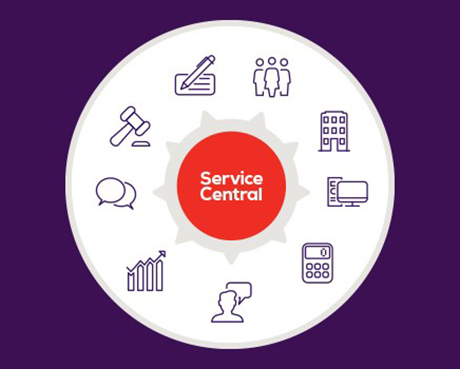
From Monday 22 July to Friday 9 August, Service Central will be available for extended hours to support staff.
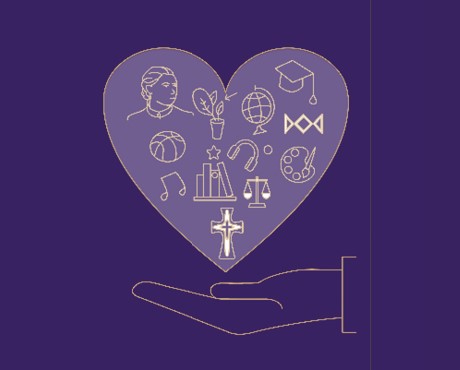
A message from Vice President Father Anthony Casamento csma: From 5 – 9 August we will celebrate Mission Week across our campuses. This is an opportunity for us to come together as a community to cele...

Are you going to be a grandparent soon? Did you know ACU offers personal leave for staff to care for their child or grandchild after birth or adoption?

Discover the learning and career development opportunities that are available online, including the brand-new leadership development program, 'The Edge Series'.
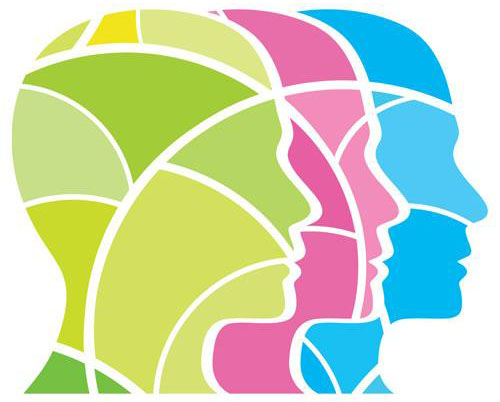
Join ASCILITE and become a member of one of Australasia’s most vibrant professional technology enhanced learning communities, with more than 2200 members from tertiary institutions across Australia an...
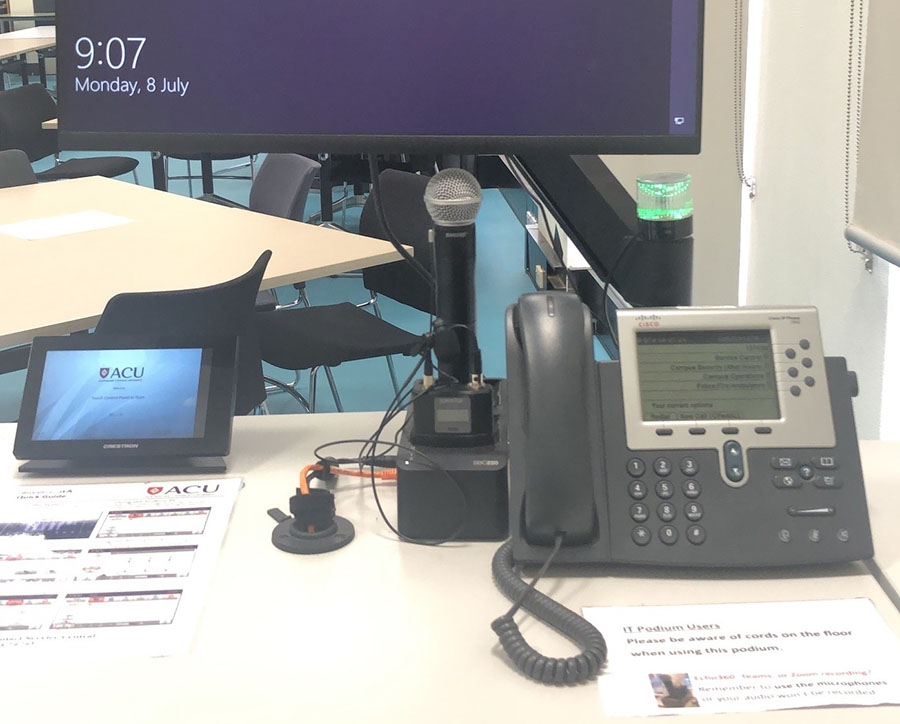
Phones will be removed from all classrooms over the mid-semester break, from 23 September to 27 September.

Include an additional survey item in the Student Evaluation of Learning and Teaching (SELT) survey for units that are offered in Professional Term 5 (202455).
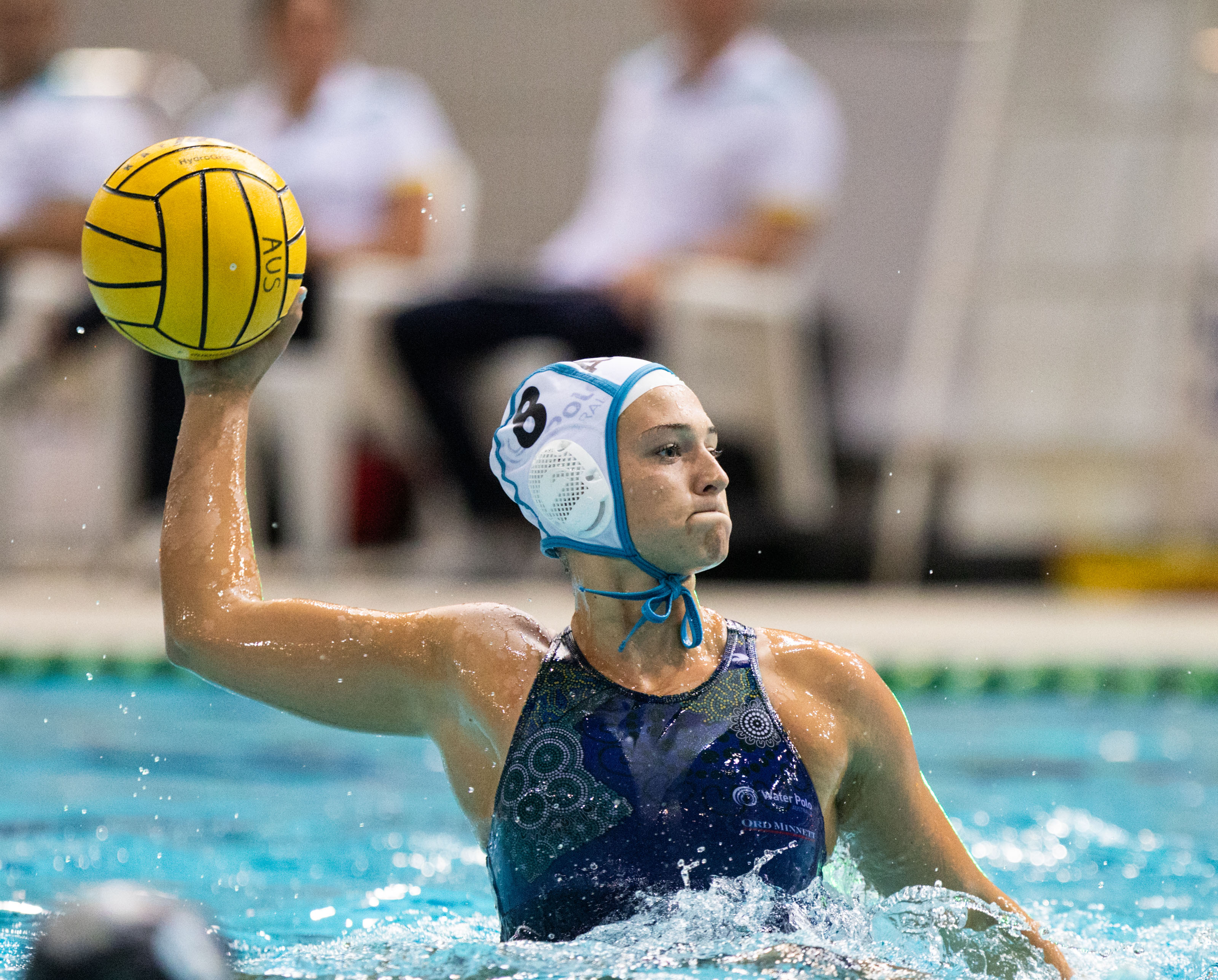
Australia’s first five-time diving Olympian, a Kiwi gymnast and the woman who taught actor Chris Hemsworth to row will be among 15 ACU students and alumni to compete at the Paris 2024 Olympic and Para...
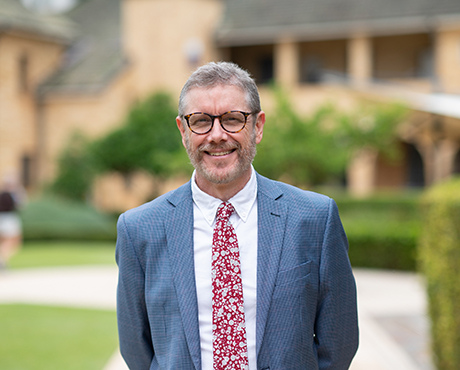
A message from acting Executive Dean of Theology and Philosophy Associate Professor Richard Colledge: Recently, the faculty has hosted opportunities for reflection on the possibilities for reconcilia...

Are you on your parenthood journey? A practical guide is now available to support staff, and their supervisors, through the stages of becoming a parent and transitioning back to work.

Embark on an exhilarating journey into the mysterious world of enrolments. Register to attend an enrolment information session for Semester 2, 2024.

Join upcoming online workshops in preparation for Semester 2. Secure your spot today to learn how you can utilise Canvas and its features to enhance your teaching practices.

A limitless professional horizon awaits ACU students after its three IT programs were awarded certification by the nation’s most trustworthy player in the tech sector, the Australian Computer Society.
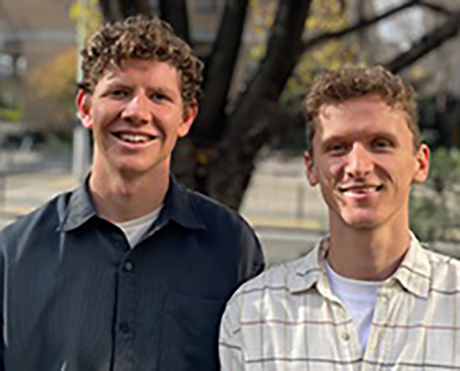
Following evaluation and voting by a panel of ACU judges, Co-Lab is delighted to announce Thomas Clark and Xavier Chalkley as the winners of the $1000 prize for the ACU Co-Lab Social Enterprise Pitch ...
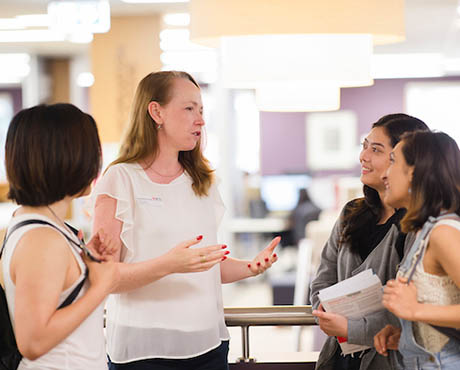
ACU Library staff will participate in professional development activities on Thursday 18 July. While away from their usual posts, they'll be working together across three locations to plan our future ...

Applications for 2024 Teaching Development Grants, Citations and Awards are open. Explore guidelines and resources to enhance your teaching project’s impact or gain recognition for your contributions.

As we sit in this small window of the winter break gearing up for Semester 2, it's important to recognise that not everyone experiences this period as downtime. For many, workloads and busy lifestyles...
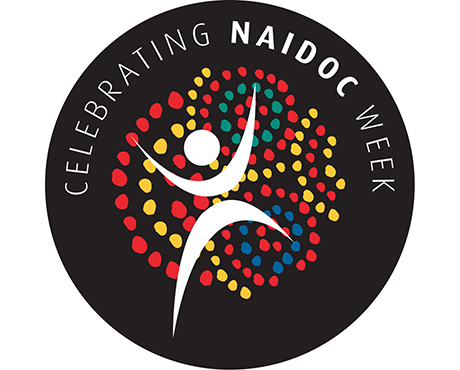
This week is NAIDOC Week, an opportunity to recognise and celebrate the history, culture, and achievements of Aboriginal and Torres Strait Islander peoples.

ACU staff who are also members with UniSuper can now access free expert medical advice and services to support their health and wellbeing through MetLife 360Health.
Visit Service Central to access Corporate Services.